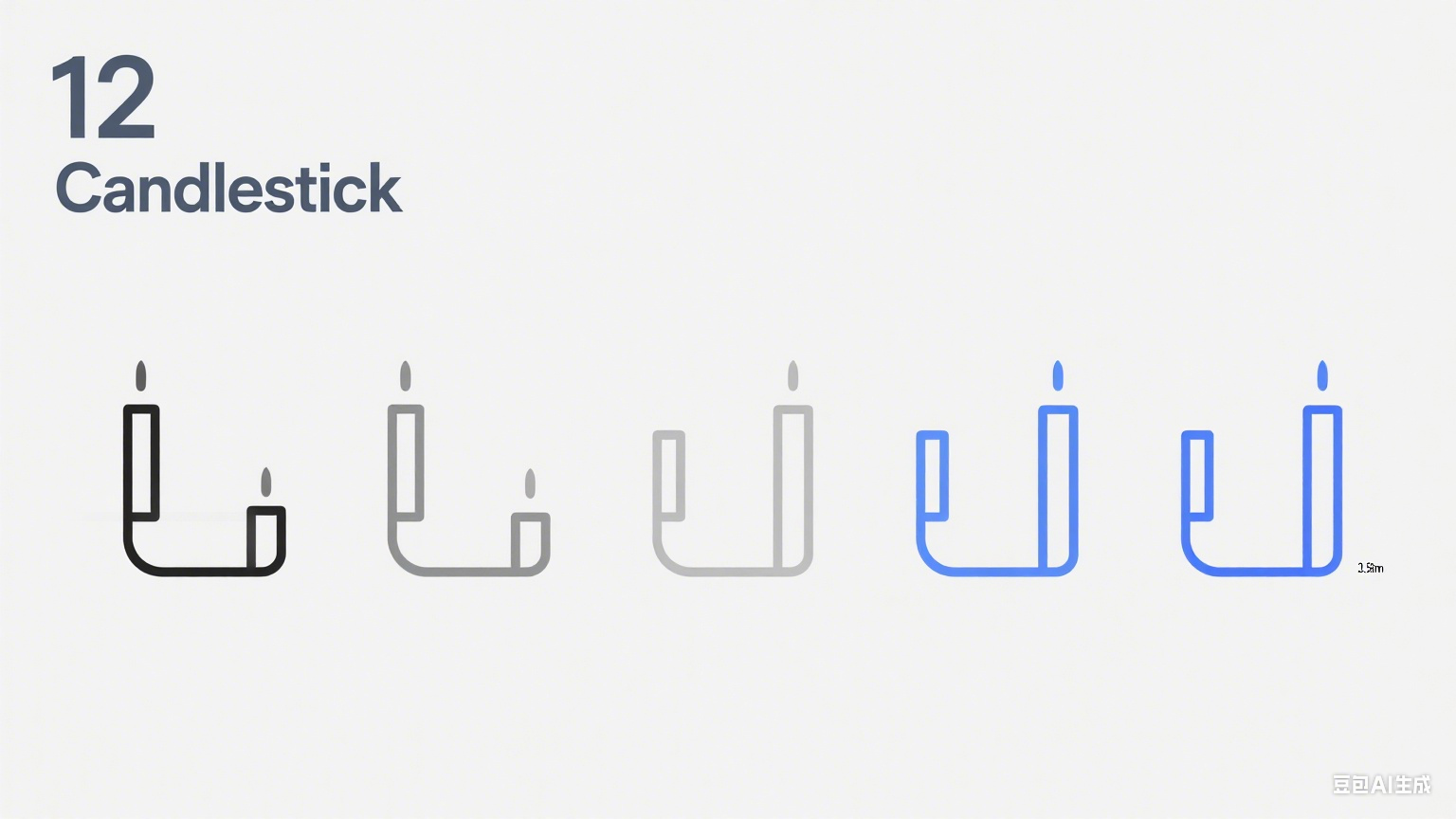
The Prospects of Japan's Central Bank Interest Rate Hike Shrouded in Uncertainty
Last year, the Bank of Japan ended its decade-long large-scale stimulus program. In January of this year, the central bank raised interest rates to 0.5%.
However, just as expectations grew that Japan was about to enter a cycle of rate hikes, the impact of U.S. tariffs disrupted the Bank of Japan's plans.
In April this year, former U.S. President Trump's globally imposed "reciprocal tariffs" plunged the Japanese economy into a quagmire of uncertainty. As Japan has an export-oriented economy and the U.S. is its largest export market, Trump's tariffs had a significant impact on its economy.
On the 20th of this month, the latest data released by the Japanese government showed that Japan's total exports in July decreased by 2.6% year-on-year, the largest decline since February 2021. Currently, Japan's monthly exports have been declining for four consecutive months.
Against this backdrop, the future path of interest rate hikes by the Bank of Japan has also been shrouded in uncertainty. However, the Bank of Japan kept interest rates unchanged in July but raised its inflation forecast and offered a less pessimistic view of the economic outlook, which boosted market confidence and maintained expectations that the central bank would raise interest rates in the second half of this year.
A current survey of analysts shows that nearly two-thirds of analysts expect the Bank of Japan to raise the benchmark interest rate by at least 25 basis points later this year, higher than the level from over half a month ago.
















